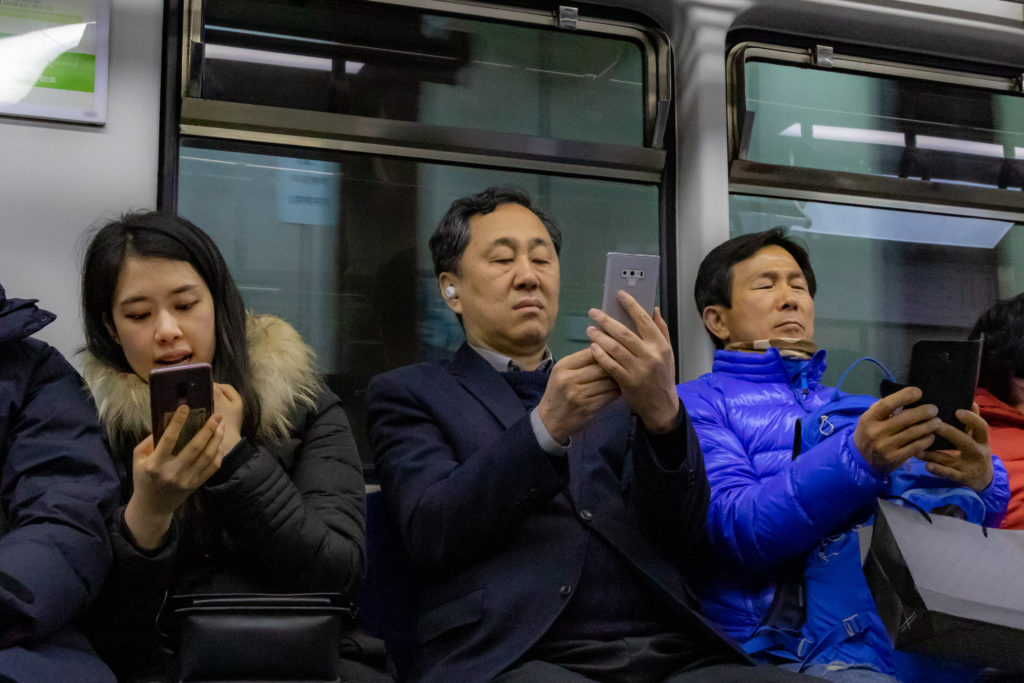The Peninsula
Revised Data Privacy Law Gains More Support
Published June 2, 2020
Category: South Korea

This briefing comes from Korea View, a weekly newsletter published by the Korea Economic Institute. Korea View aims to cover developments that reveal trends on the Korean Peninsula but receive little attention in the United States. If you would like to sign up, please find the online form here.
What Happened
- On January 9, South Korea passed amendments to three major data privacy laws, which permit the commercial use of data of unidentified individuals without seeking their consent.
- A recent government-sponsored survey revealed that 77.5 percent of respondents were comfortable with providing personal information under an alias.
- This represents a major shift from November 2019 when a survey conducted by a civic organization showed that 66.7 percent of respondents were against providing their personal information even if their identity was anonymized.
Implications: The government’s use of big data to fight coronavirus has softened the South Korean people’s concerns over data privacy. This change in public attitude is reflected in the passage of key amendments that allow the commercial use or provision of personal data without consent if the identity of the data subject is concealed. The bill was highly controversial when it was first introduced in 2018 and faced opposition from several civic organizations over concerns that the data might be breached or misused. However, a recent survey revealed that South Koreans are feeling more confident about sharing their anonymized personal data. The stark change of public sentiment toward data provision reflects public approval of the government’s use of personal data for contact tracing to battle COVID-19.
Context: The government’s use of personal information to contain the COVID-19 outbreak was only possible due to a legal framework that was implemented after the Middle East Respiratory Syndrome (MERS) outbreak in 2015. After the South Korean government’s mishandling of the outbreak, new rules were established to provide specific guidelines and procedures for collecting personal data during public health emergencies. In addition, the government has been working to address public concerns around data privacy.
Korea View was edited by Yong Kwon with the help of Gordon Henning, Soojin Hwang, Hyungim Jang, and Ingyeong Park.
Picture from flickr user Takashi Nakajima
